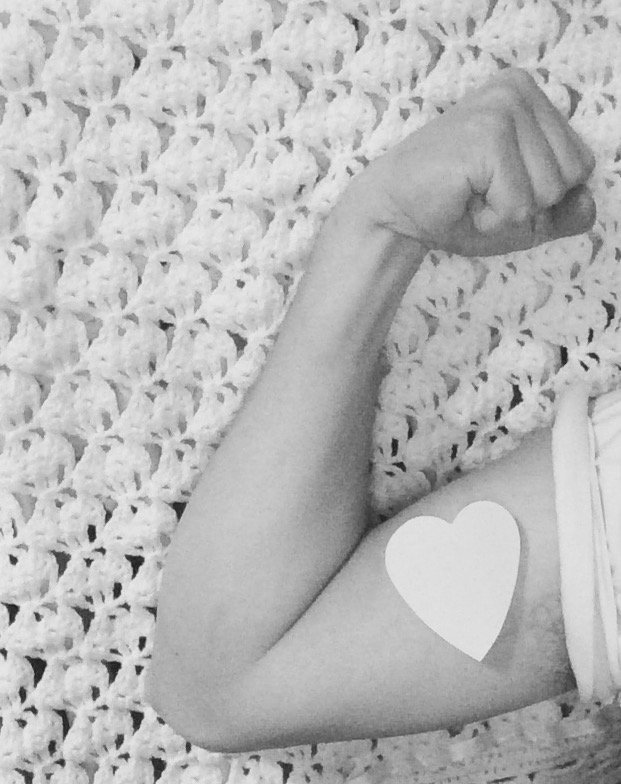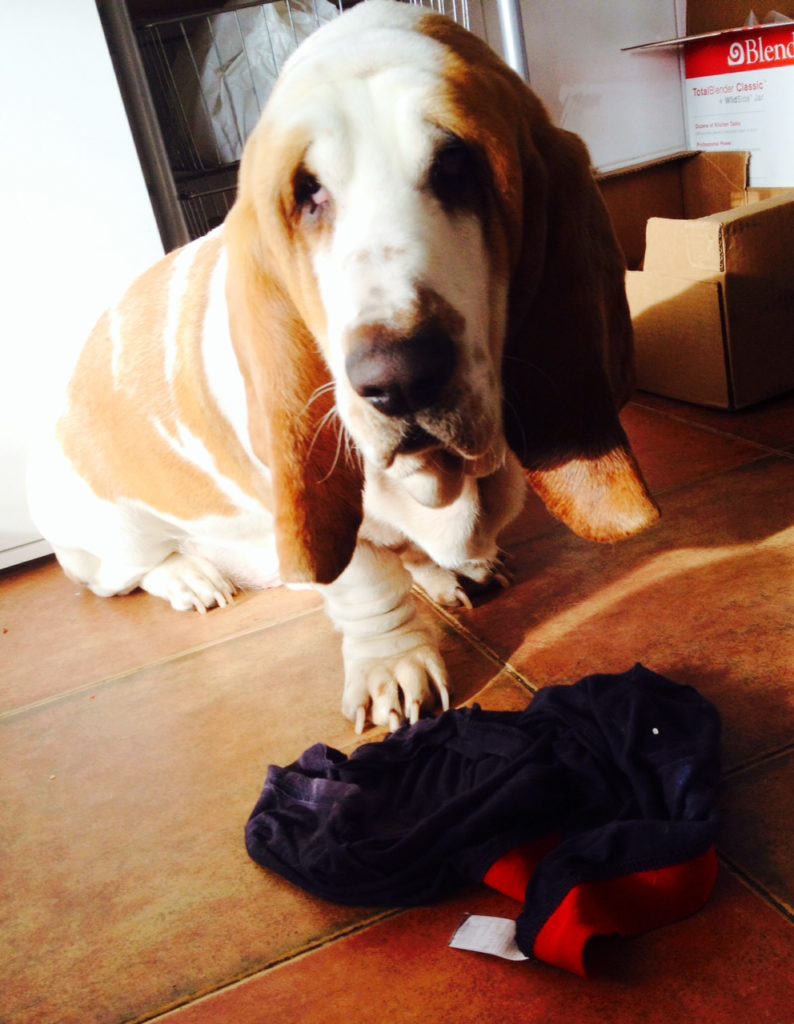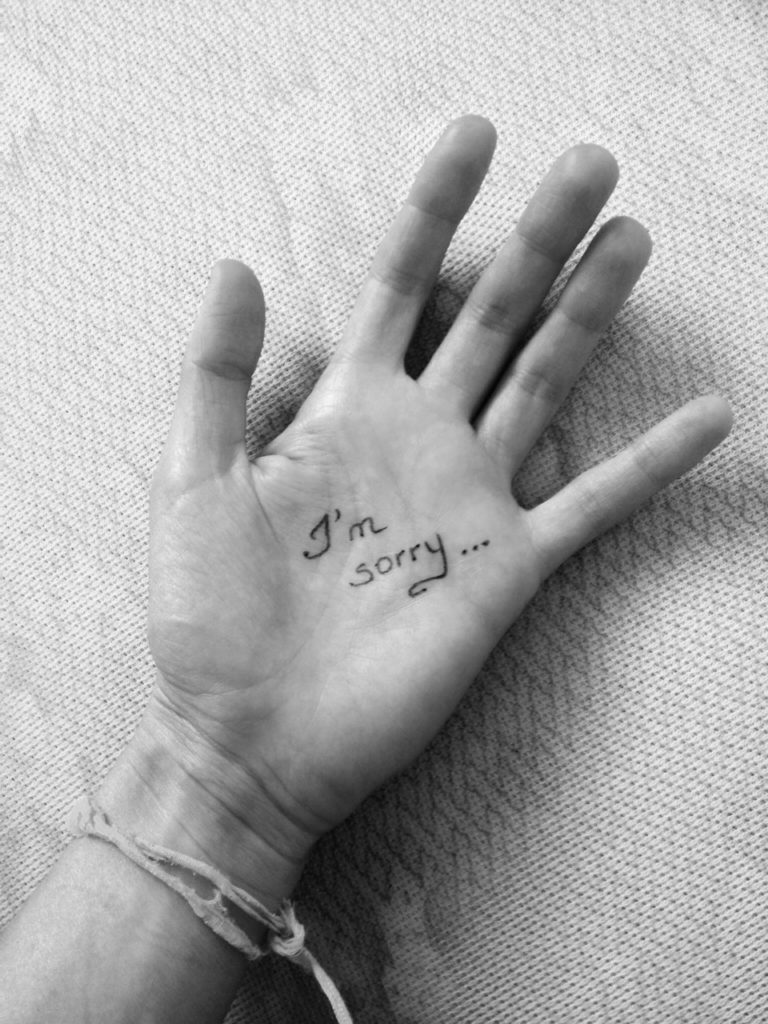 Without a doubt the greatest moment of my 2015 was becoming a mom, but that is a long story that requires a few extra posts to catch up. As writing is something that I want to do more of in the new year, we will get there!
Without a doubt the greatest moment of my 2015 was becoming a mom, but that is a long story that requires a few extra posts to catch up. As writing is something that I want to do more of in the new year, we will get there!
Instead today I want to share the thoughts that I woke up with on the first day of this brand new year. It is the idea of ‘tough love’ or that somehow someone (often people close to us or our children) needs to face some unwanted or difficult experience ‘because we love them’. In online parenting forums and groups I often see this linked to so-called ‘crying it out’ approach.
While I don’t necessarily prescribe myself to any ‘school of parenting’ or follow any particular techniques without first questioning them with my intuition, I would say that our parenting ideas most closely resonate with the philosophy known as attachment parenting.
The reason I wanted to write about this is that over and over again I become aware of situations where parents justify their decisions by adding, ‘well it’s tough but I am doing it because I love them’. While I am not denying that being a parent comes with a bag full of new responsibilities and difficult decisions, I think it’s time for us to start being really honest with ourselves and with our kids.
Personally, I believe that ‘tough love’ is a cover used to subconsciously perpetuate from one generation to the next the same conditioned belief that experiencing pain or stress is a necessary ingredient to feeling loved. Most of us acquire this belief through the earliest interactions with our parents, and it is quite easy to see how we continue to replay these scenarios in adult relationships for many many years after. And then repeat them again with our kids, instead of admitting that we simply have no clue how break this cycle of suffering that we went through as kids. In other words, since our inner child is still stuck in it, we just keep replaying it out externally with our children.
I was a very sensitive child and I remember a particular pattern that used to occur within our family. When I would get upset about something, I would withdraw myself from the family room and hide in another dark room behind the curtains. I don’t remember how often this used to happen or how long it would last each time, but for me it always felt like it was a complete eternity. Perhaps to someone from the outside it looked like a tantrum or a child being too needy, but to me, this felt like an overwhelming ocean of suffering and deep pain. During these moments, I would even have thoughs that they would all really regret it if I fell out of the balcony or something else bad happened to me. I would wait, hoping that eventually someone would come and rescue me from that dark room and that dark state of mind. For years that followed, I would subconsciously repeat the exact same ‘cry it out’ pattern in adult relationships – of withdrawing at any sign of possible pain and putting myself through the mysery of self-imposed separateness. To this day, more than 25 years later, I need to make a conscious effort to recognise this pattern even in my current relationships.
Therefore, I am strongly against any ‘tough love’ or ‘cry it out’ methodologies. Baby’s cry is a signal of distress as that is the only way he or she can express it. Choosing to ignore it or let it go on when we know we can actually do something about it, is nothing short of cruelty. After all, would we choose to do nothing or try to justify that they need to ‘cry it out’ if we saw an adult in distress? Deep down instinctively we recognize the cry as something to empathize with and do something about.
Having to make difficult decisions seems to be included in the job description of being a parent, and we cannot protect our kids from all the challenges that life offers. However, there are many that we can and should do something about. And if we know that our decision will cause discomfort or suffering, we owe it to our children – and even more so to ourselves – to make it easier by being honest and truthful about the true reasons of our actions. Even if it means admitting that we don’t know how to do it better. By the way, this includes babies too – because while they might not have the vocabulary to express themselves, I truly believe that they can sense our state of being better than adults do.
I really feel that as parents of the new generation, we have a unique opportunity to do nothing less than change the course of humankind’s history based on how we choose to parent. So no pressure then! Our task is to moment by moment be present and transparent with our children about the motives behind our decisions and the emotions we experience when we make them. Because ultimately the parenting journey is the best opportunity to meet again with the mirror image of our inner child and rectify anything that is still stuck or unresolved.
Here is to 2016 filled with love to ourselves and our dear ones. But not the tough kind.
Tags: childhood compassion conscious parenting projection







